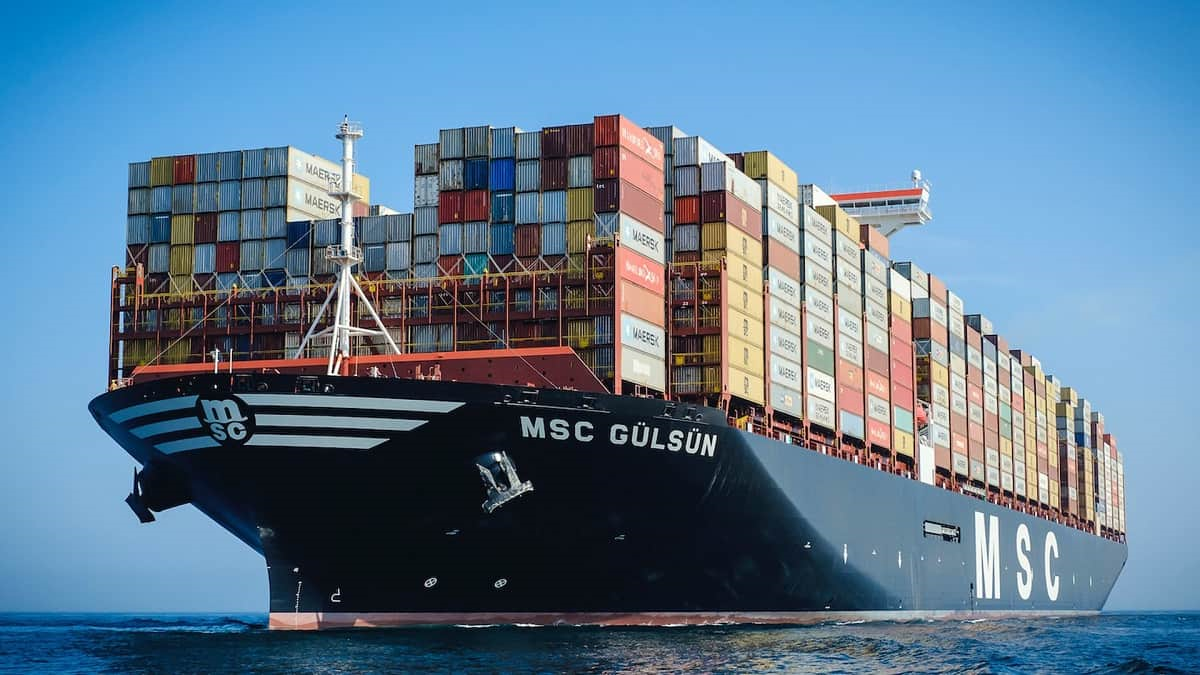Sign up to receive our stories in your inbox.
Data is changing the speed of business. Investors, Corporations, and Governments are buying new, differentiated data to gain visibility make better decisions. Don't fall behind. Let us help.








Container imports into the United States in April fell by 8.4% in terms of gross tonnage versus April 2019. Containers coming from Mexico, Germany and Japan were the most heavily impacted of the larger US trading partners with declines of 43%, 33% and 17% versus a year ago.
Data from a leading customs data provider, Descartes Datamyne, showed US imports continuing their decline throughout the month of April, ending the month at the lowest levels. Most ocean containers, especially those from Asia, sit on docks and then transit on the water for several weeks before arriving into the United States. As factories across the world only began shutting down in Mid March, the full impact of the global quarantine is unlikely to be felt until May or June.
Stripping out oil imports, April showed no material decline in overall imports. With businesses mostly shut down across the US, this signals the start of a potentially dangerous inventory build cycle. With significantly larger inventories than normal and faced with a “new normal” of likely decreased consumer demand for many products, factories face the risk of complete shutdowns which could last multiples as long as the original lockdown.

According to data from 1010data, a company tracking US credit card spending behavior, consumer spending collapsed at the end of March.
Spending on consumer credit and debit cards in the US had been mostly flat year over year heading into the European travel ban. Beginning on March 13th there was a freefall in spending which hit a bottom at a 46.3% year over year decline. Overall spend recovered slightly to down 32.9% by April 1st.
Diving into the specific sectors of the economy that have been impacted, Travel was by far the worst, declining 90% in overall spend.
The data from 1010data paints a scary picture for how the rest of 2020 is likely to play out. As discretionary spends come to a halt it will ripple through the supply chains of the companies impacted and ultimately lead to more layoffs in the future.